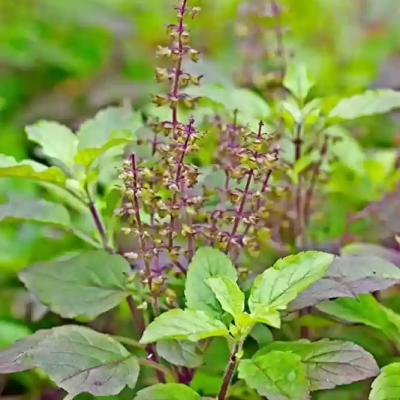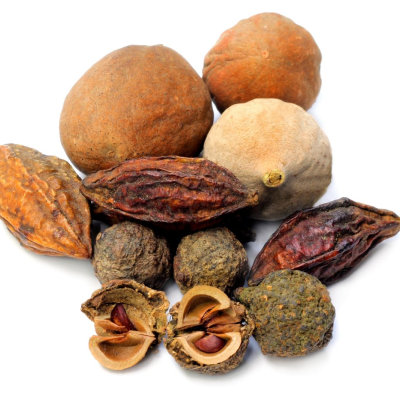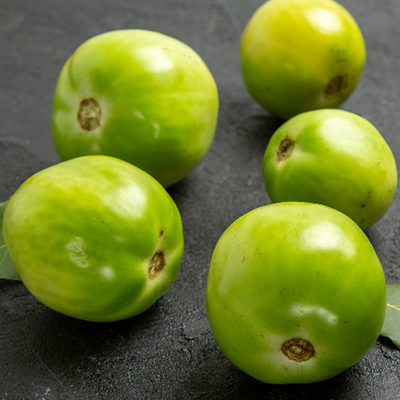Typhoid fever is a serious bacterial infection caused by the bacterium Salmonella Typhi. It spreads primarily through contaminated food or water and affects the digestive system, but if untreated, it can spread to other organs via the bloodstream. Typhoid is most common in regions with poor sanitation and hygiene practices.
Causes of Typhoid
Contaminated Food and Water
- Consuming food or water infected with Salmonella Typhi bacteria.
Poor Hygiene
- Inadequate hand washing, especially after using the bathroom.
Carriers of the Bacteria
- Some individuals, known as carriers, harbor the bacteria in their gallbladder or intestines and can spread it without showing symptoms.
Travel to Endemic Areas
- Regions with inadequate sanitation (e.g., parts of South Asia, Africa, and South America) have a higher prevalence of typhoid.
Stages of Typhoid Fever
Typhoid progresses through four stages, each lasting about a week if untreated:
Stage 1 (Week 1)
- Gradual onset of fever.
- Headache, malaise, and fatigue.
- Loss of appetite and abdominal discomfort.
- A dry cough may develop.
Stage 2 (Week 2)
- High fever becomes persistent (up to 104°F).
- Abdominal pain and diarrhoea or constipation.
- Enlargement of the spleen and liver.
- Appearance of “rose spots”: Small red rashes on the chest or abdomen.
Stage 3 (Week 3)
- Severe complications may arise, including intestinal perforation or bleeding.
- Delirium or confusion (“typhoid state”) may occur.
- Weakness and significant weight loss.
Stage 4 (Week 4)
- Gradual recovery begins if treated.
- Untreated cases may lead to chronic complications or even death.
Clinical Features of Typhoid
Fever
- Prolonged and step-ladder pattern (rises progressively each day).
Gastrointestinal Symptoms
- Abdominal pain, bloating, diarrhoea (common in children), or constipation (common in adults).
Systemic Symptoms
- Weakness, fatigue, and muscle aches.
- Severe headache.
Rose Spots
- Faint pink rashes on the chest or abdomen.
Loss of Appetite
- Leading to significant weight loss.
Other Symptoms
- Dry cough, irritability, or confusion in severe cases.
Complications of Typhoid
If untreated, typhoid can lead to severe complications, including:
Intestinal Perforation
- A hole forms in the intestinal wall, leading to severe abdominal pain, sepsis, and shock.
Intestinal Bleeding
- Causes dark or bloody stools.
Neurological Issues
- Delirium or encephalitis (inflammation of the brain).
Pneumonia
- Infection may spread to the lungs.
Chronic Carrier State
- The bacteria may persist in the gallbladder, causing no symptoms but spreading the disease.
Death
- Occurs in severe untreated cases (fatality rate is higher without treatment).
Diagnosis of Typhoid
Medical History and Symptoms
- Prolonged fever and travel to endemic areas.
Blood Culture
- Detects the presence of Salmonella Typhi in the bloodstream.
Widal test
- Measures antibodies against the bacteria. Less specific and often used in resource-limited settings.
Stool or Urine Test
- Identifies the bacteria in excreta.
Complete Blood Count (CBC)
- Shows a decrease in white blood cells (leukopenia), which is common in typhoid.
Ayurvedic Perspective on Typhoid
In Ayurveda, typhoid fever is correlated with "Pittaja Jwara" (fever caused by aggravated Pitta Dosha). It is also associated with Ama Jwara, where Ama (toxins) accumulate in the body due to impaired digestion, leading to fever and systemic infection.
Imbalances Involved:
Pitta Dosha
- Governs heat and metabolism, leading to high fever and digestive disturbances.
Vata Dosha
- Imbalance causes fatigue, weakness, and dryness.
Kapha Dosha
- When disturbed, it contributes to lethargy and loss of appetite.
Ayurvedic Treatment for Typhoid
Ayurvedic management focuses on:
- Reducing fever and inflammation.
- Detoxifying the body.
- Strengthening digestion and immunity.
Panchakarma Therapies
- Vamana (Therapeutic Emesis): Used in the recovery phase to detoxify the system.
- Basti (Enema Therapy): Herbal enemas help eliminate toxins and balance Doshas.
- Peya (Rice Water Therapy): A light, nourishing diet given to improve digestion.
Diet
Dos:
- Warm, easily digestible foods like rice porridge, vegetable soups, and herbal teas.
- Include spices like cumin, coriander, and turmeric for their digestive properties.
Don’ts:
- Avoid oily, spicy, and heavy-to-digest foods.
- Stay away from cold and processed foods.
Hydration:
- Drink plenty of warm water or herbal teas to prevent dehydration.
Rest:
- Adequate rest is essential for recovery.
Prevention of Typhoid
Hygiene:
- Wash hands regularly with soap.
- Avoid street food and unsafe water.
Vaccination:
- Typhoid vaccines provide temporary protection.
Safe Food Practices:
- Eat freshly cooked food and drink boiled or filtered water.
Herbal Remedies
Guduchi (Tinospora cordifolia):
- Known as "Amrita" it boosts immunity and reduces fever.
- Take as a decoction or capsule.
Tulsi (Holy Basil)
- Anti-bacterial and anti-inflammatory.
- Boil Tulsi leaves in water and drink as tea.
Ashwagandha (Withania somnifera)
- Restores strength and reduces fatigue.
Triphala
Improves digestion and eliminates Ama (toxins).
Amalaki (Indian Gooseberry)
Rich in Vitamin C, it strengthens immunity.
Typhoid is a serious but treatable condition when managed promptly. Ayurveda provides a holistic approach by addressing the root cause, enhancing immunity, and promoting recovery. It is essential to consult a qualified Ayurvedic practitioner or doctor for personalized care. Modern treatment like antibiotics can be combined with Ayurvedic therapies for faster and more effective healing.








